No one is a friend to his friend who does not love in return
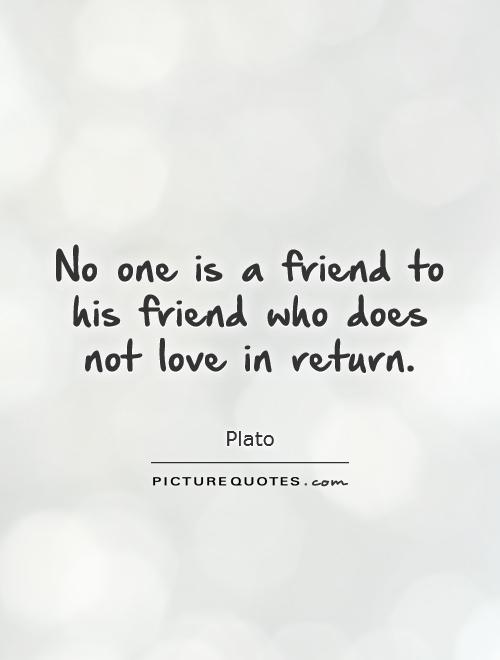
No one is a friend to his friend who does not love in return
Plato, the ancient Greek philosopher, is known for his profound insights into human relationships and the nature of love. One of his most famous quotes is, “No one is a friend to his friend who does not love in return.” This statement encapsulates the essence of true friendship and the reciprocity that is essential for a genuine bond between individuals.In Plato’s view, friendship is not simply a one-sided relationship where one person gives and the other takes. Instead, true friendship is based on mutual love and respect for one another. It is a relationship built on trust, understanding, and a shared sense of values. Without love being reciprocated, the bond between friends is incomplete and lacks the depth and authenticity that Plato believed was necessary for a true friendship to flourish.
Plato’s words remind us that friendship is a two-way street. It requires both parties to invest time, effort, and emotional energy into the relationship in order for it to thrive. When one friend does not love in return, the balance of the friendship is disrupted, leading to feelings of resentment, disappointment, and ultimately, the breakdown of the relationship.
Furthermore, Plato’s words highlight the importance of selflessness and empathy in friendship. True friends are willing to put the needs and desires of their friends above their own, and they do so out of a genuine sense of love and care for the other person. When love is not reciprocated, it can create a sense of imbalance and inequality in the relationship, leading to feelings of isolation and loneliness for the friend who is not receiving love in return.

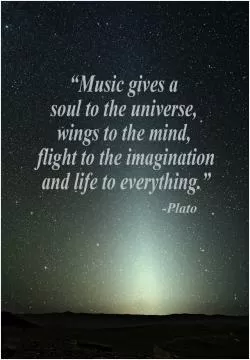
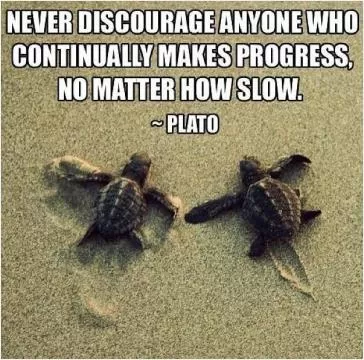

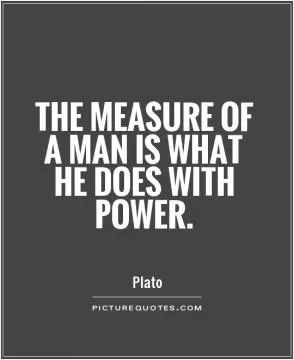
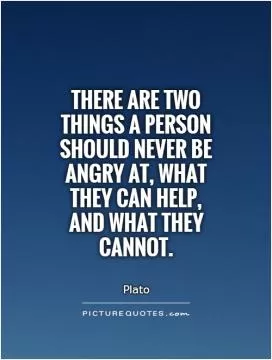

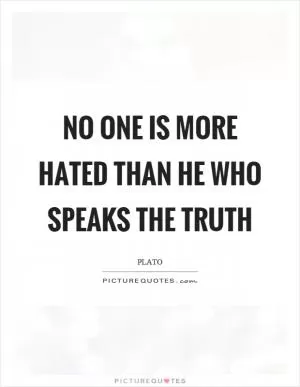


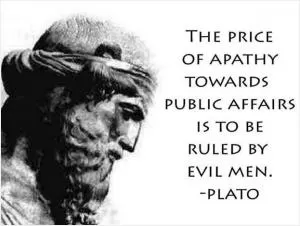
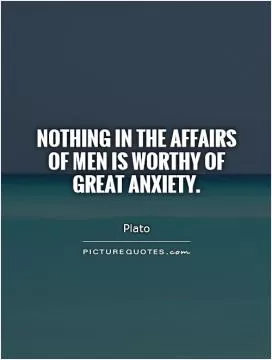
 Friendship Quotes
Friendship Quotes Love Quotes
Love Quotes Life Quotes
Life Quotes Funny Quotes
Funny Quotes Motivational Quotes
Motivational Quotes Inspirational Quotes
Inspirational Quotes